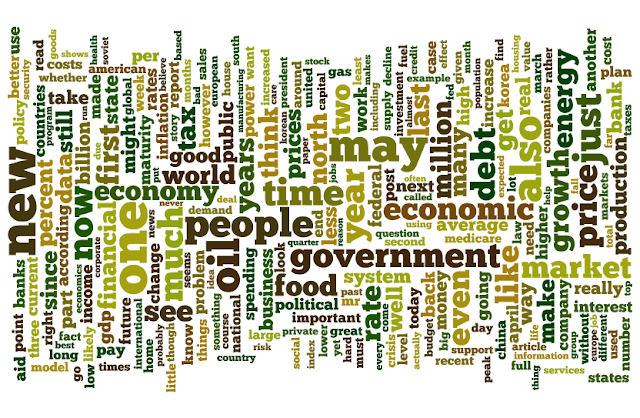Loss aversion and fundraising for Bletchley Park
I celebrate the good news that Bletchley Park has been saved by my new friend @Dr_Black among others. It's a good story and you should read it if you aren't familiar with the background. However, is it wise to announce and frame the news in this way? The post suggests an optimistic transition: I mentioned "Saving Bletchley Park" as part of this conversation and Simon said "...hold on, Bletchley Park is saved, there is no way we are going to shut now with all the support that we have. What we need to talk about now is Building Bletchley Park for the future". I sat there with a big smile on my face... Bletchley Park is Saved - It is no longer about *Saving* Bletchley Park but about *Building* Bletchley Park. It sounds great. But surely it is much easier to raise money to "save Bletchley Park" from an impending emergency than to "build Bletchley Park" for an undetermined future? I predict that, unfortunately, donations will fall if the...




